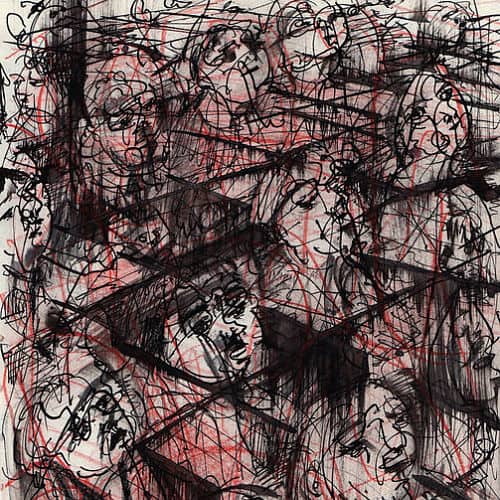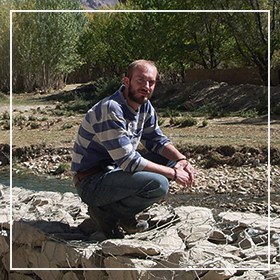1. To what extent does the notion of political agency help to understand political change?
To some extent, the notion of political agency has been used in social sciences as an instrument to assign social actors with forms of intentionality that were more in the eyes of the observers than in the minds of social actors themselves. This top-down approach – although it is always represented as a bottom-up perspective – has produced sometimes sophisticated analyses of social life and power relations, sometimes mystifications, but it has anyway contributed to marginalizing the very idea of political action as the expression of clear individual or collective wills and consciousness.
Perhaps, the notion of political action – associated with qualities such as “resolute purpose”, “certain and untamable will”, “individual effort at the service of the collectivity” (Gramsci, A., 1967, Scritti politici, Editori Riuniti, Roma) – can thus be more effective to address the problem of political change in an unjust social world, “a world of delirious larvae in a fog prison” (Gramsci, ibid).

2. Are Area Studies still relevant to understand contemporary dynamics of political and social transformation?
The level of simultaneity and togetherness of the contemporary world crumbles the geographical borders that have historically inspired area studies. There is not anymore – was there even in the past? – an “elsewhere” of critical political events. In order to grab the significance of contemporary dynamics of political and social transformation we need to transcend geographical borders: beyond area studies.
Visit our virtual roundtable for more responses.
Featured image by ja’s Ink on Paper (cropped – flickr, CC BY-NC-ND 2.0)





